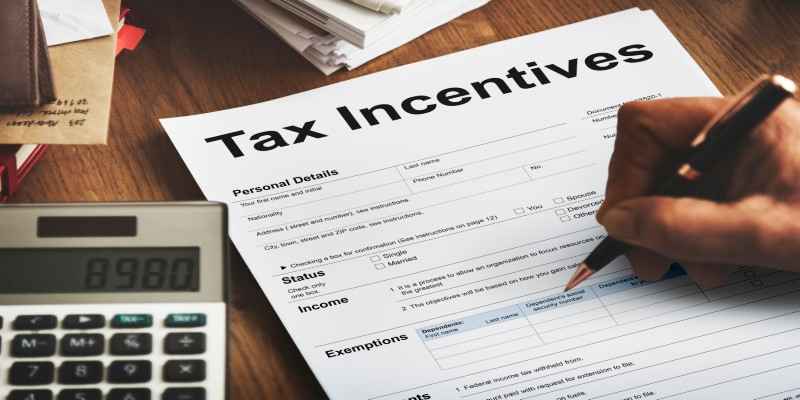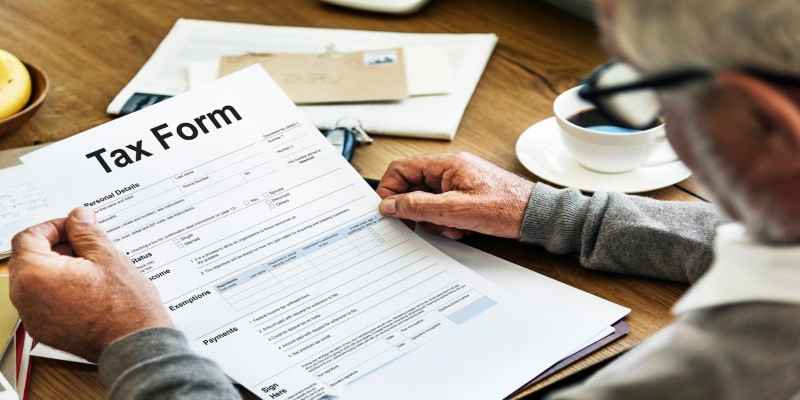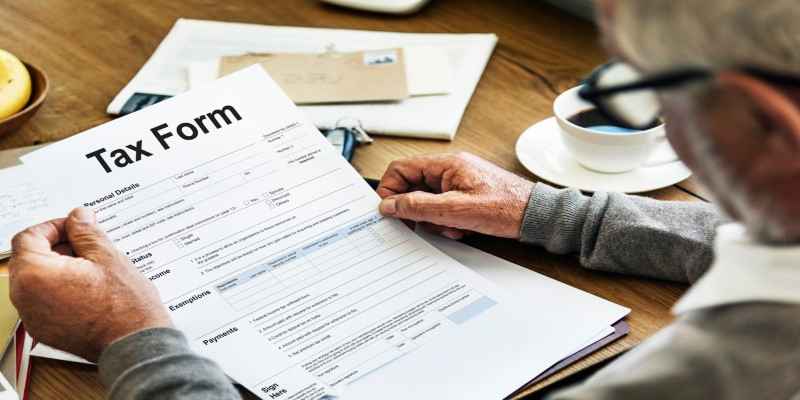Advertisement
Tax season can be stressful, but one thing most people look forward to is receiving their tax refund. While it's exciting to get that financial boost, waiting for your refund to arrive can feel like it takes forever. Luckily, there are several ways you can speed up the process and get your refund faster. In this article, we'll explore practical tips and strategies that can help you receive your tax refund as quickly as possible.
Below, we have mentioned some of the easy and simple ways you can speed up your tax funds.

One of the simplest ways to speed up your tax refund is to file your taxes as soon as possible. The earlier you file, the quicker the IRS can process your return. Many people wait until the April deadline, which means the IRS is swamped with millions of returns during that time. By filing earlyideally in January or Februaryyou avoid the rush and increase the chances of getting your refund faster.
Filing early also has the added benefit of protecting you from tax fraud. Scammers often file fraudulent returns using stolen Social Security numbers. Filing early ensures that your legitimate return reaches the IRS before scammers can take advantage of your information.
Gone are the days when filing a paper return was the norm. Filing your taxes electronically (e-filing) is not only more convenient but also much faster. The IRS recommends e-filing because it significantly reduces the time it takes to process your return. When you e-file, your return goes straight into the IRS system, eliminating the time it takes for paper forms to be mailed and manually entered into their system.
E-filing also reduces the chance of errors. The software you use for e-filing checks for common mistakes, such as mathematical errors, before submitting the return. Fewer mistakes mean fewer delays, and this helps ensure a smooth and quick process for receiving your refund.
If you want to speed up your tax refund even more, choosing direct deposit is the way to go. When you opt for direct deposit, the IRS sends your rebate straight to your bank account. This method is much faster than waiting for a paper check in the mail, which can take weeks longer.
In fact, the IRS states that taxpayers who e-file and use direct deposit typically receive their refunds within 21 days. Compare this to the 6-8 weeks it can take for those who file paper returns and request a mailed check. Direct deposit is not only faster but also more secure, as it eliminates the risk of your check getting lost or stolen in the mail.

One of the most common reasons tax refunds get delayed is due to errors in the return. Before submitting your taxes, take the time to double-check your information. Ensure that your Social Security number, filing status, and bank account details for direct deposit are all accurate. Even a small typo in your bank account number can cause your refund to be delayed by weeks.
Also, make sure your W-2 forms, 1099s, and other tax documents match the information you provide. If there's a mismatch, the IRS will flag your return, which could lead to a review or delay in processing. Taking a few extra minutes to review your return can prevent headaches later on.
The IRS provides a Free File tool that allows individuals who earn below a certain threshold to file their federal tax returns online for free. Using this tool not only saves you money but can also help speed up the process since it's directly linked to the IRS system. The Free File tool also helps ensure that your return is filed correctly by guiding you through the process and preventing common errors.
For those who don't qualify for the Free File program, using reputable tax software like TurboTax or H&R Block can also help streamline the filing process. These programs are user-friendly, check for mistakes, and can help you file electronically to ensure you receive your refund as quickly as possible.
If you realize you've made a mistake after submitting your return, it can be tempting to file an amended return to correct it. However, filing an amended return can significantly slow down the refund process. Amended returns are processed manually by the IRS, which can add weeksor even monthsto the time it takes to get your refund.

Instead, if the error is minor, such as a small miscalculation or typo, it's often better to wait for the IRS to correct the mistake on its own. The IRS has systems in place to automatically fix simple errors, and they'll still process your refund in a timely manner. Only file an amendment if the mistake is significant and would result in a substantial change to your refund amount.
Being organized is key to speeding up your tax refund process. Having all of your documentssuch as W-2s, 1099s, and receiptsready before you start filing can save you time and prevent delays. Scrambling to find missing paperwork after you've started your tax return can lead to frustration and errors.
Additionally, if the IRS requests further documentation after you've filed your return, being organized will allow you to respond quickly and efficiently. This can help resolve any issues faster and prevent further delays in receiving your refund.
Speeding up your tax refund is all about being proactive and organized. Filing your taxes early, using e-filing, opting for direct deposit, and double-checking your information are some of the most effective ways to get your refund faster. By avoiding common mistakes and staying on top of the process, you can significantly reduce the wait time for your refund. With a little planning and attention to detail, you'll have that much-anticipated tax refund in your hands sooner than you might expect.
Advertisement

By Georgia Vincent/Oct 21, 2024

By Nancy Miller/Oct 26, 2024

By Georgia Vincent/Oct 20, 2024

By Celia Shatzman/Jan 08, 2025

By Triston Martin/Jan 19, 2025

By Kristina Cappetta/Dec 02, 2024

By Paula Miller/Oct 12, 2024

By Triston Martin/Oct 20, 2024

By Nancy Miller/Oct 28, 2024

By Vicky Louisa/Oct 21, 2024

By Celia Kreitner/Oct 12, 2024

By Jennifer Redmond/Jan 09, 2025